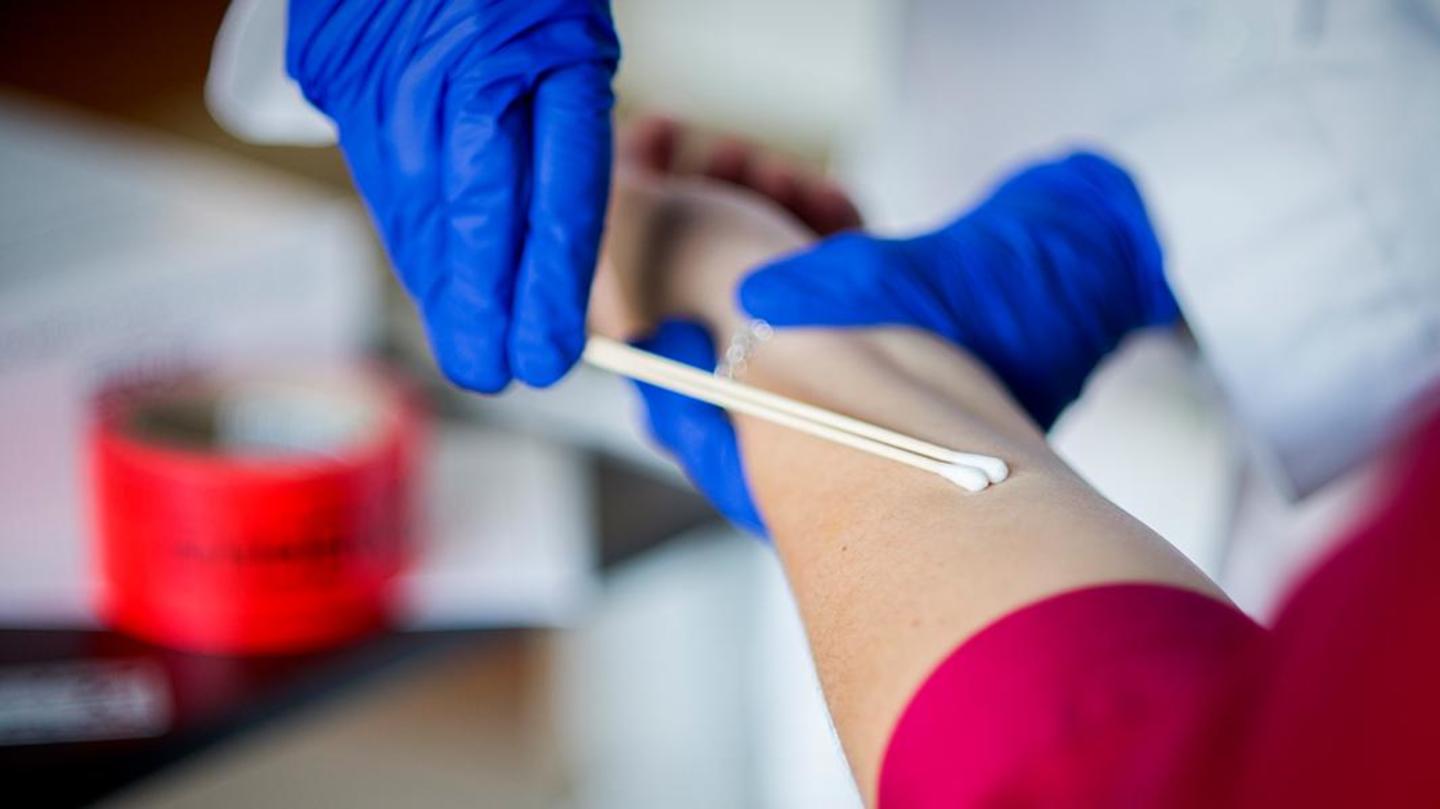
International Nurses Day: Exploring the lesser-known forensic nursing
What's the story
International Nurses Day is celebrated every year on May 12, marking the birth anniversary of the founder of modern nursing, Florence Nightingale.
This year's theme, Nurses: A Voice to Lead, focuses on how nursing will transform the next stage of healthcare.
Keeping in line with it, this article explores forensic nursing, a nursing specialty that is bringing about a paradigm shift.
Virginia Lynch
Virginia Lynch laid the foundation for this nursing specialty
Toward the end of the 20th century, Virginia Lynch, a nurse who worked as a medico-legal death investigator in the US, began observing how healthcare professions were unintentionally destroying crucial evidence that was needed to build a strong legal case.
She also observed how surgical intervention and other life-saving measures could dilute the minute evidence that can help in nabbing the culprits.
Impact
Forensic nursing plays a major role in criminal proceedings
Being a nurse herself, Lynch realized how nurses were capable of going beyond their duties to expand their expertise and help victims of crime seek justice.
Soon, a brand new specialty in nursing that intersects medicine, science and law was founded.
In forensic nursing, nurses primarily deal with patients who have faced sexual violence, partner violence, child abuse, gunshot/knife wounds and physical torture.
Victim care
These adept nurses provide support to victims of violence
Victims of violence and abuse require special care to overcome the trauma, both physical and psychological ones.
This is especially crucial for them to recover from the incident and move on in life.
Forensic nurses are responsible for providing a safe space for the patients to recover.
They are also trained to support and provide psychosocial support to victims during the examination.
Legal responsibilities
The nurses bridge the gap between law and medicine
Forensic nurses bridge the gap between medicine and law, when it comes to crimes that involve abuse and violence.
While their role in victim care is of paramount importance, their legal responsibilities are aimed at helping the investigators bring justice to the victims.
In this role, they may work with victims of sexual assault, domestic violence, psychiatric patients, law enforcement and public health organizations.